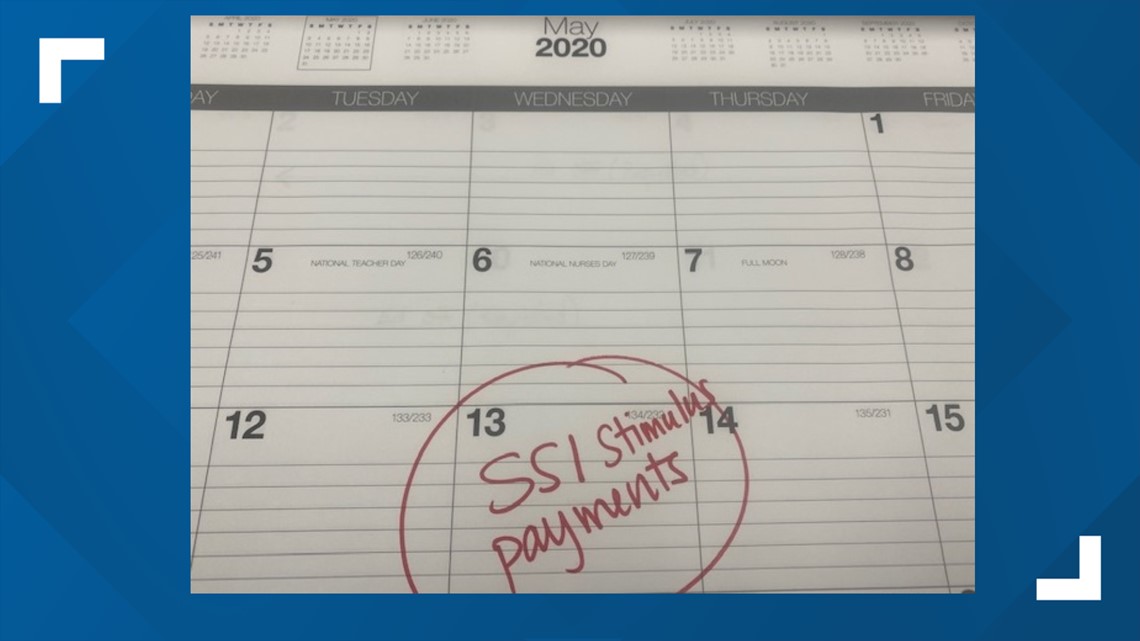

are not includedĮxpat dependents with SSNs qualify for stimulus payments if their caretakers qualify under the income limits and at least one caretaker has an SSN Yes, but if you did not file 2019 or 2020 taxes you may need to take action expat retirees, SSDI and other expat nonfilers Yes, if you fall within the income threshold and have a social security number Yes, so long as family members fall within the income threshold and have a social security number, but the NRA spouse does not qualify Expat Groupįamilies with NRA spouses or mixed U.S. You qualify if you fall within the income threshold, have a social security number, and file taxes - even if you live overseas. Yes, expats qualify for the third stimulus check. Do expats qualify for the third stimulus check?Ī.

The biggest differences between the third stimulus checks for expats and the other two are the phaseout thresholds and addition of payments for dependents of all ages. These payments are technically an advance payment of a 2021 tax credit. The relief package includes direct $1,400 payments to each eligible individual, plus $1,400 per dependent, including dependents over 17. The third stimulus check is part of the 2021 American Rescue Plan Act (ARPA), a Coronavirus government relief package designed to provide further economic assistance to Americans struggling with the economic impacts of COVID-19. What does the third stimulus check mean for U.S. Get started with our made-for-expats online expat tax services today! Third Stimulus Checks & U.S. Ready to file your tax return? No matter where in the world you are, we’ve got a tax solution for you. The SSA has a payments schedule that you can refer to here, or you can view your payment status by creating or logging into your Social Security online account under “Benefits & Payments.To help you out, below we’ve answered the common (and a few uncommon) questions expats have asked about the 20 stimulus checks and how they will (and won’t) affect U.S. If you don’t receive your benefits as expected, wait three business days before calling the SSA on a weekday between 8 a.m. However, legislation is now poised to pass before the Monday deadline that would raise the debt ceiling and avoid a default, so beneficiaries probably have nothing to fret. A default would leave the Treasury with "inadequate" resources to make $92 billion in payments and transfers scheduled for later in the month. In a letter sent to congressional leaders last week, Yellen said that a failure to raise the debt ceiling would leave government coffers dangerously depleted following $130 billion-plus in benefits payments to veterans, Social Security and Medicare in first two days of June. Congress and White House don't agree on a deal to raise the debt limit before the June 5 X-date.

You may have heard officials like Treasury Secretary Janet Yellen warn of a delay in government benefit payments if the U.S. Will the debt ceiling deal delay my Social Security payment? Spouses and children getting someone else’s benefits are paid on the same day as the main beneficiary. For June, these Social Security benefits will be paid on Friday. If you receive both Social Security and SSI, or if you claimed benefits before May 1997, you generally get your regular Social Security payment on the third of the month and SSI on the first. As such, there will be no SSI payments distributed in October or January. The same thing happened in March, and SSI recipients can also expect two payments in September and December. Since July 1 falls on a Saturday this year, SSI recipients will get their June checks on Thursday (June 1) and their July checks on June 30. The regular SSI payment schedule then starts again the following month. SSI payments usually go out on the first of the month - but if the date falls on a weekend or federal holiday, payments are moved to the previous business day. Recipients of Social Security retirement, disability and survivors benefits are typically paid on second, third and fourth Wednesdays of each month, depending on beneficiaries’ birth dates. Hawaii Alaska Florida South Carolina Georgia Alabama North Carolina Tennessee RI Rhode Island CT Connecticut MA Massachusetts Maine NH New Hampshire VT Vermont New York NJ New Jersey DE Delaware MD Maryland West Virginia Ohio Michigan Arizona Nevada Utah Colorado New Mexico South Dakota Iowa Indiana Illinois Minnesota Wisconsin Missouri Louisiana Virginia DC Washington DC Idaho California North Dakota Washington Oregon Montana Wyoming Nebraska Kansas Oklahoma Pennsylvania Kentucky Mississippi Arkansas Texas View Rates When will I get my Social Security check?


 0 kommentar(er)
0 kommentar(er)
